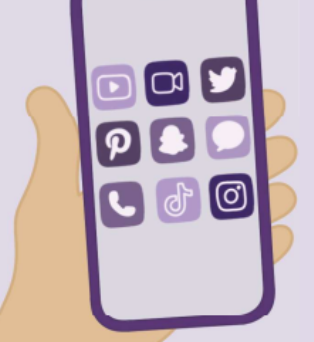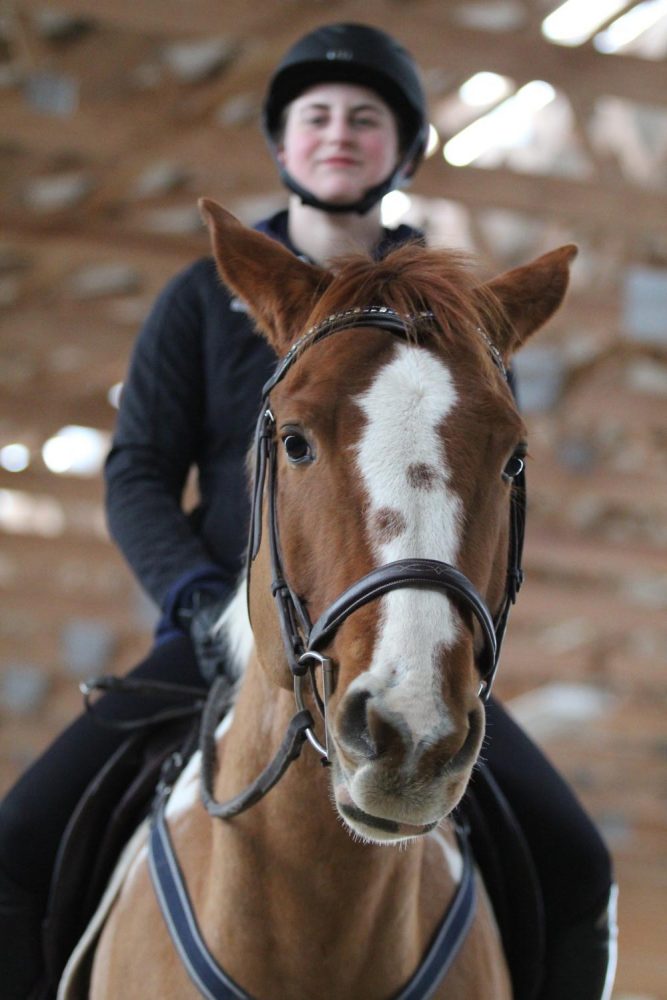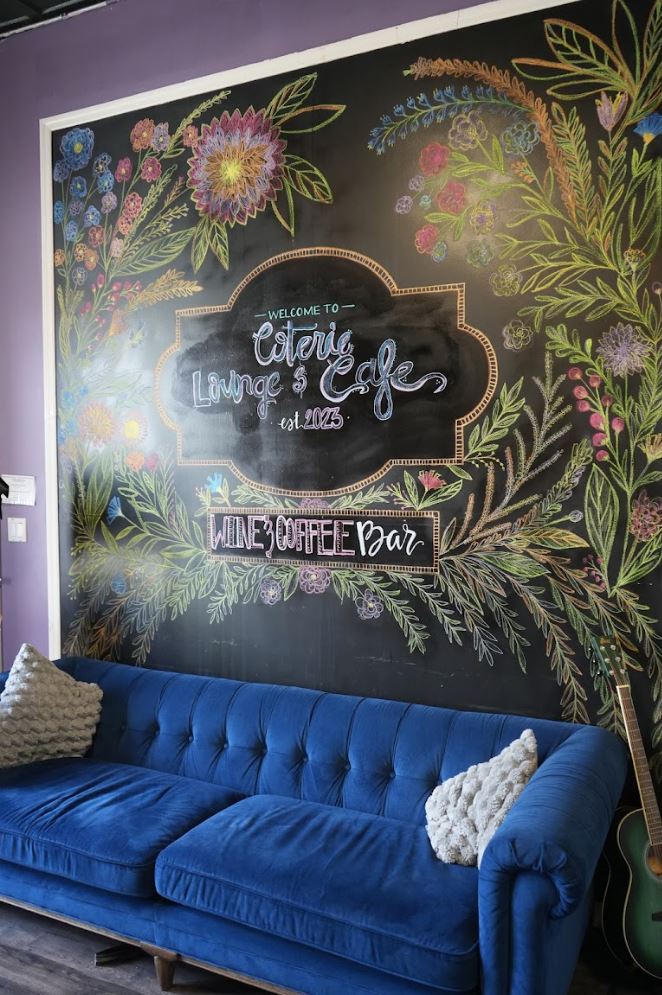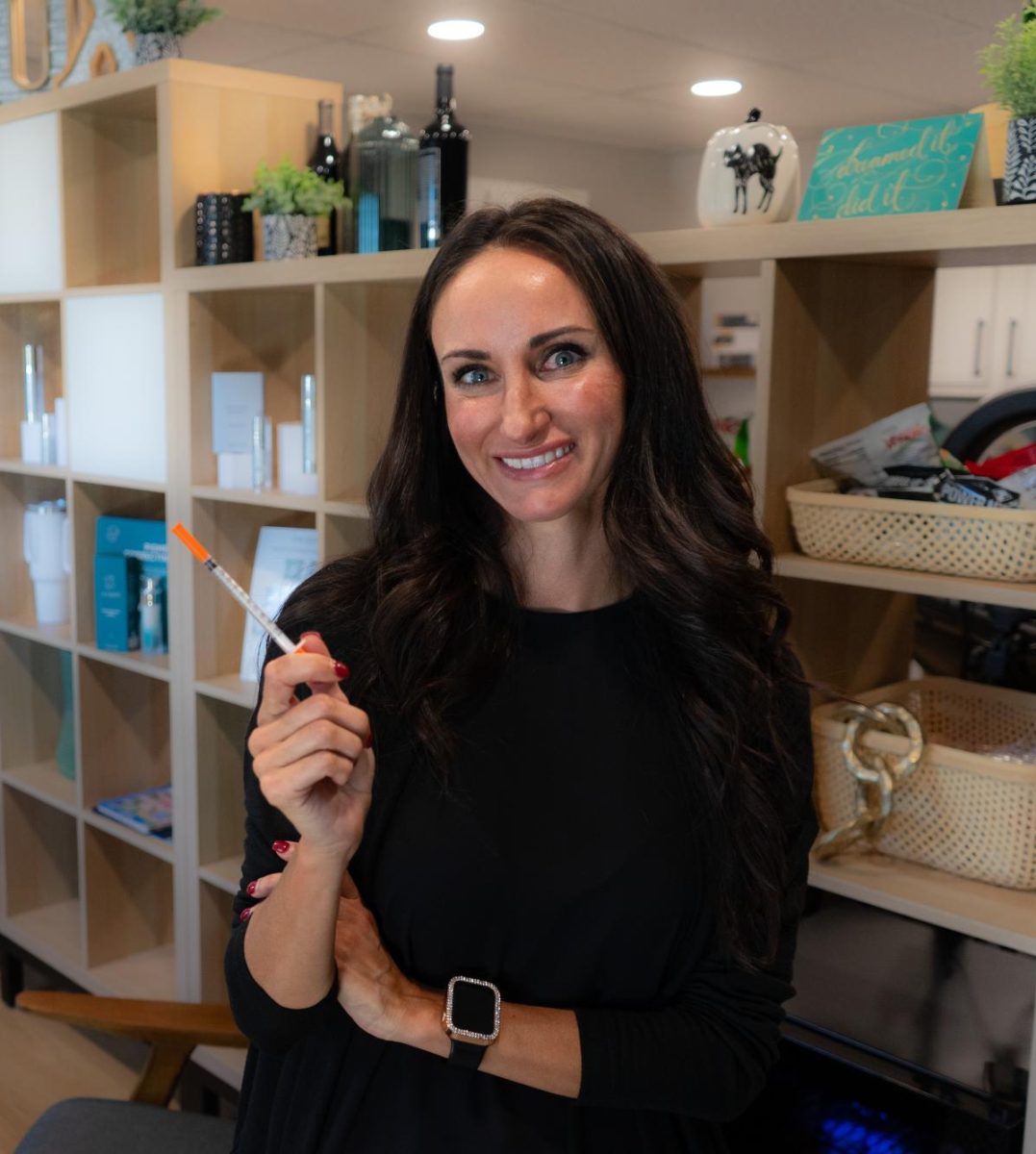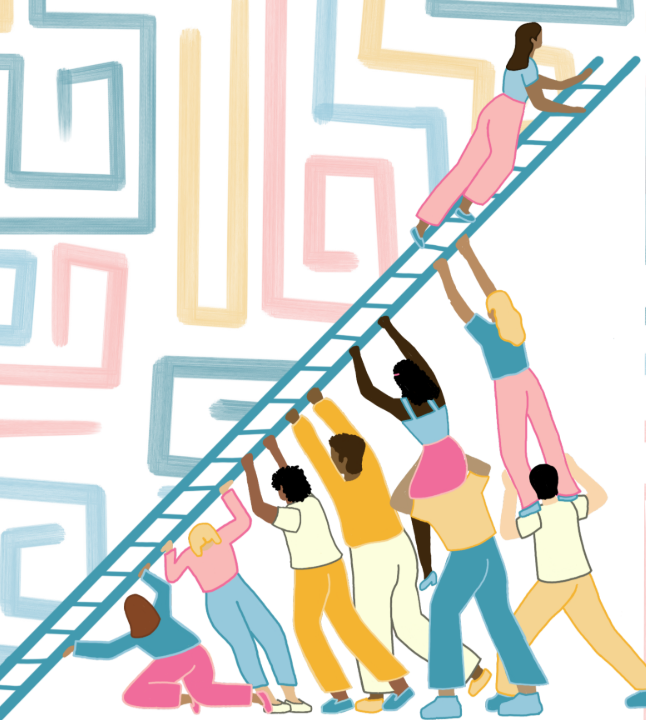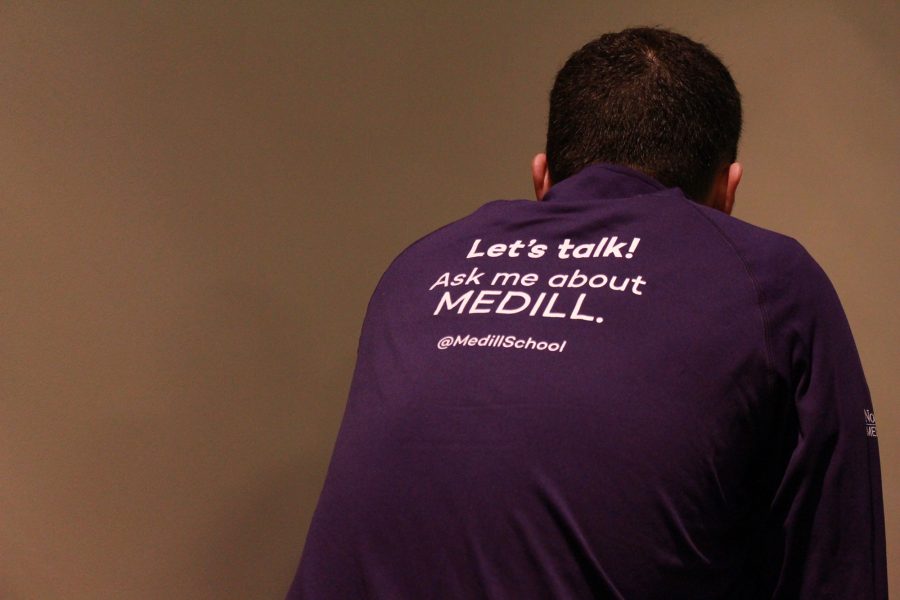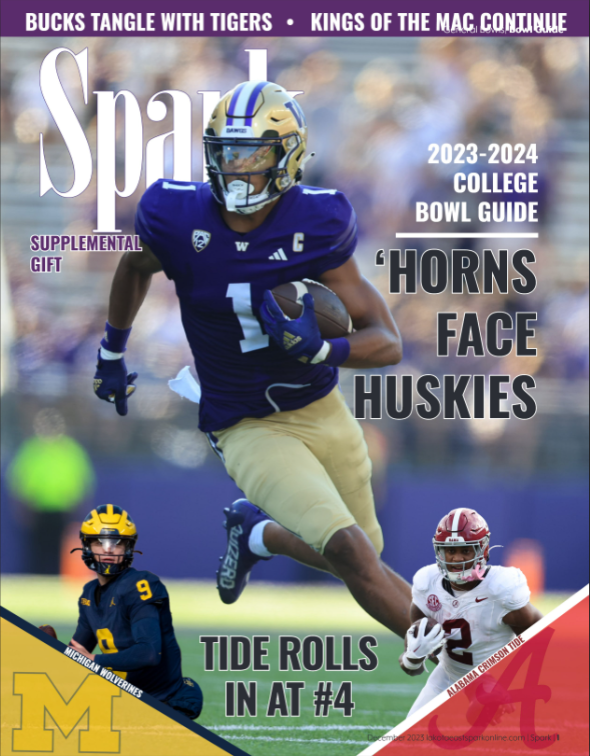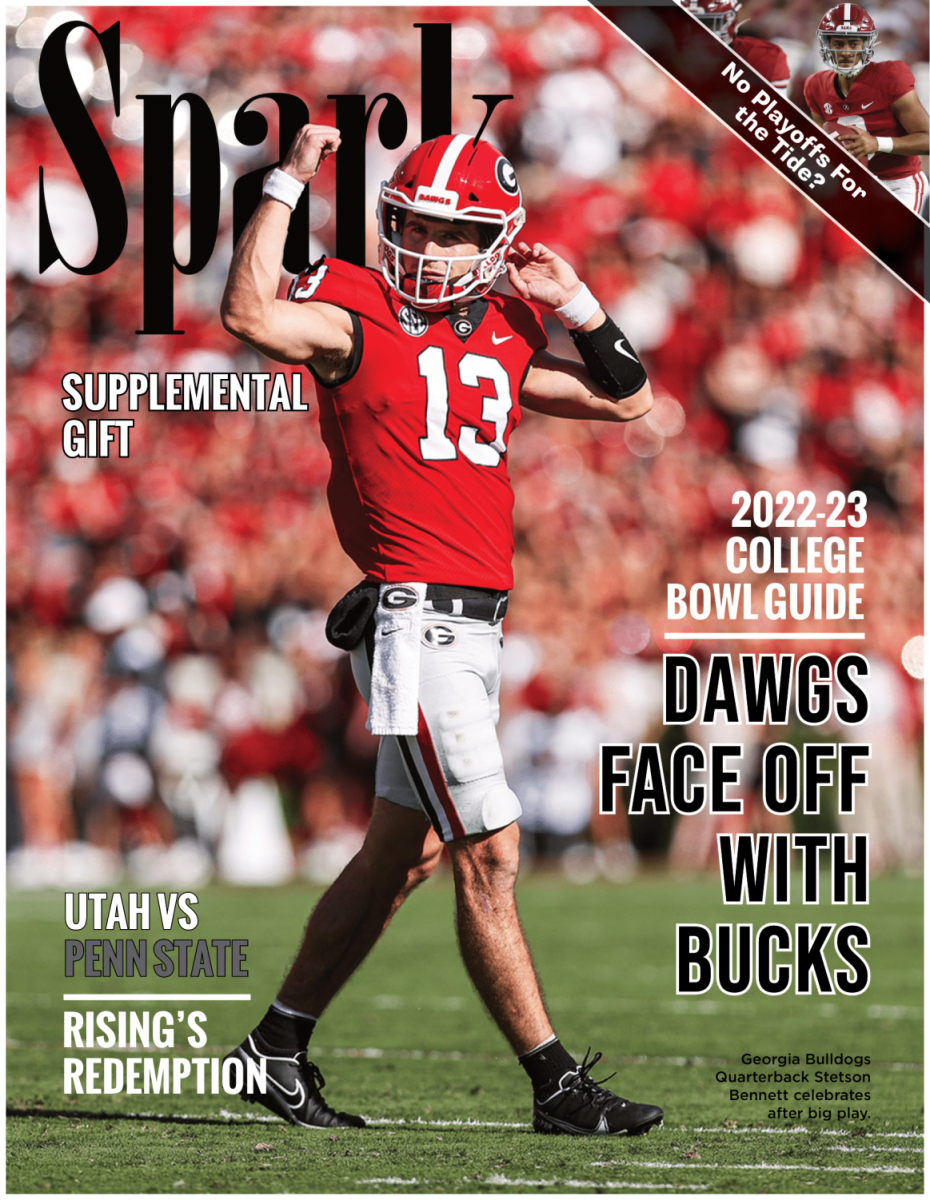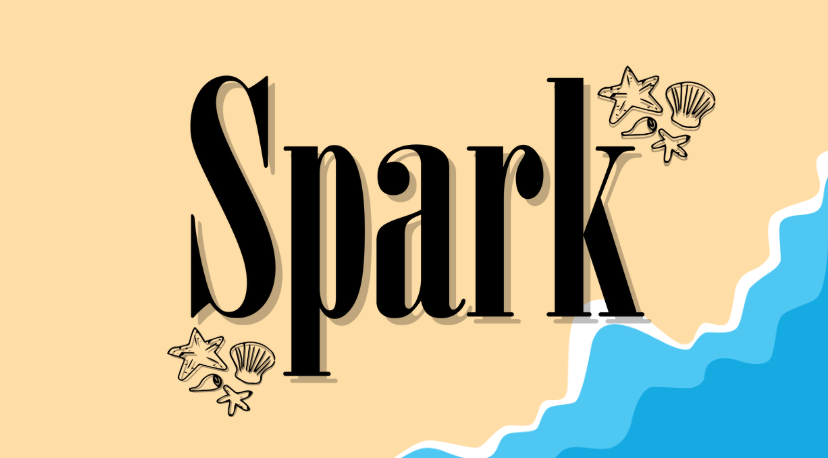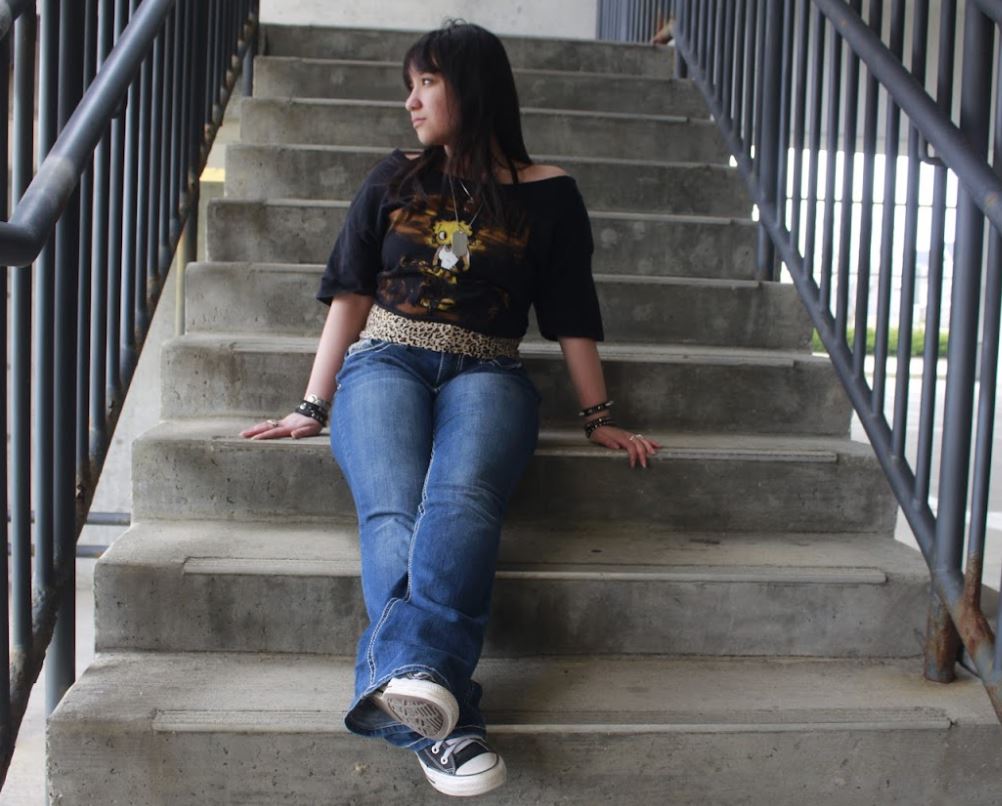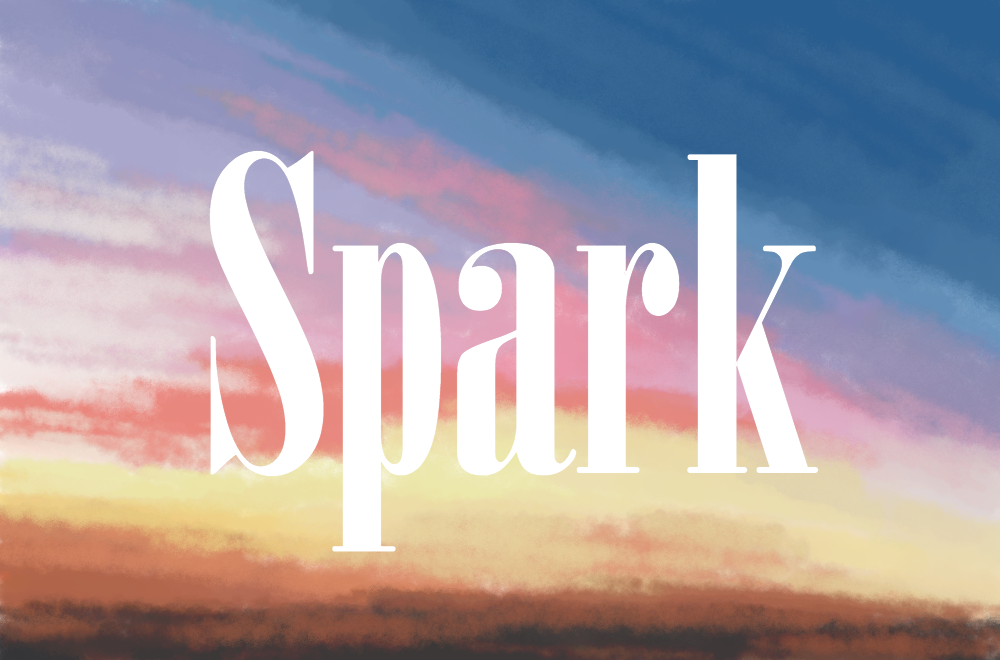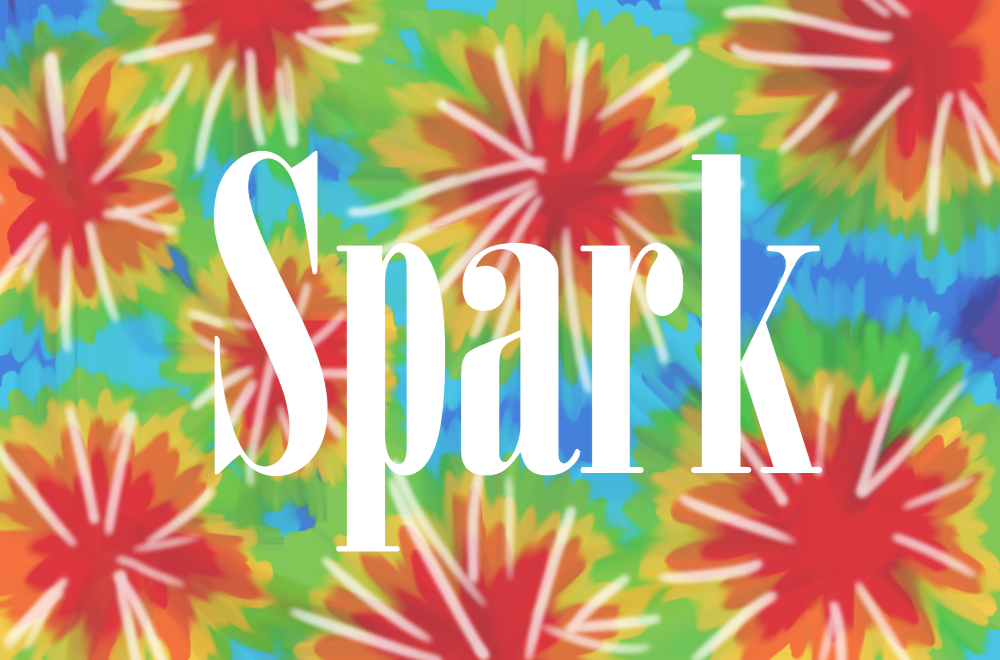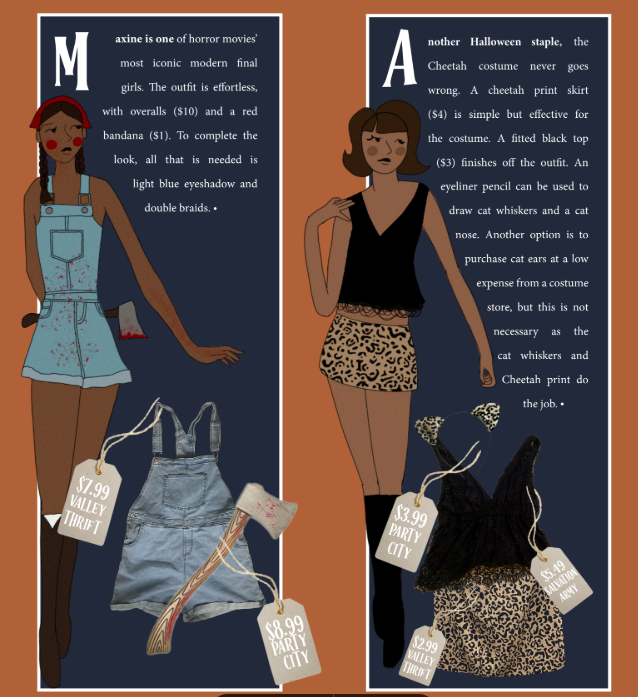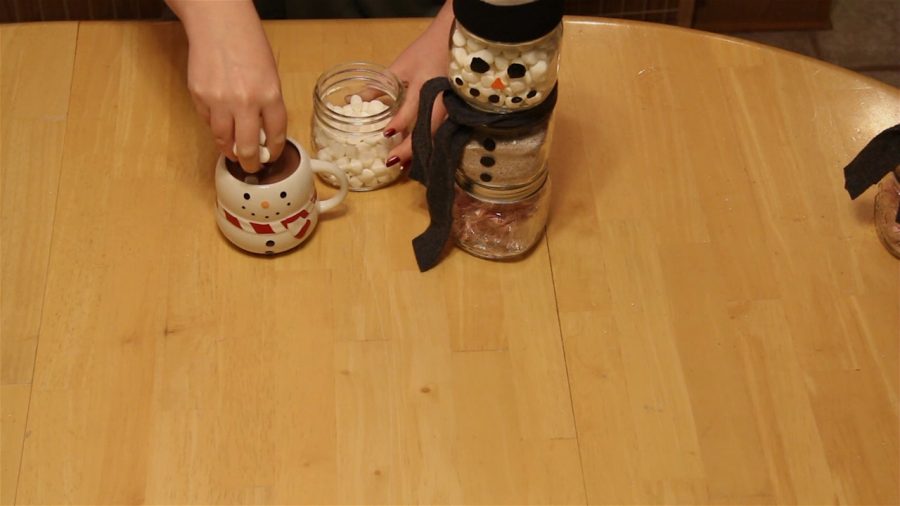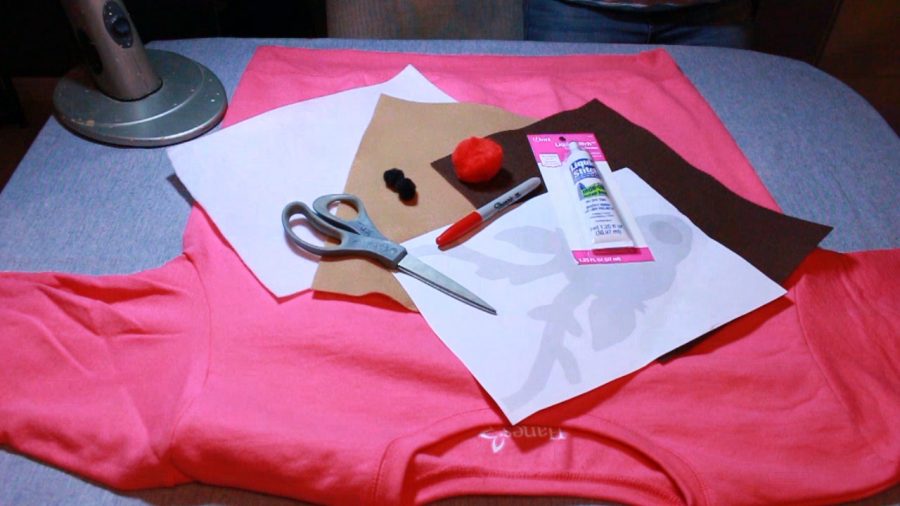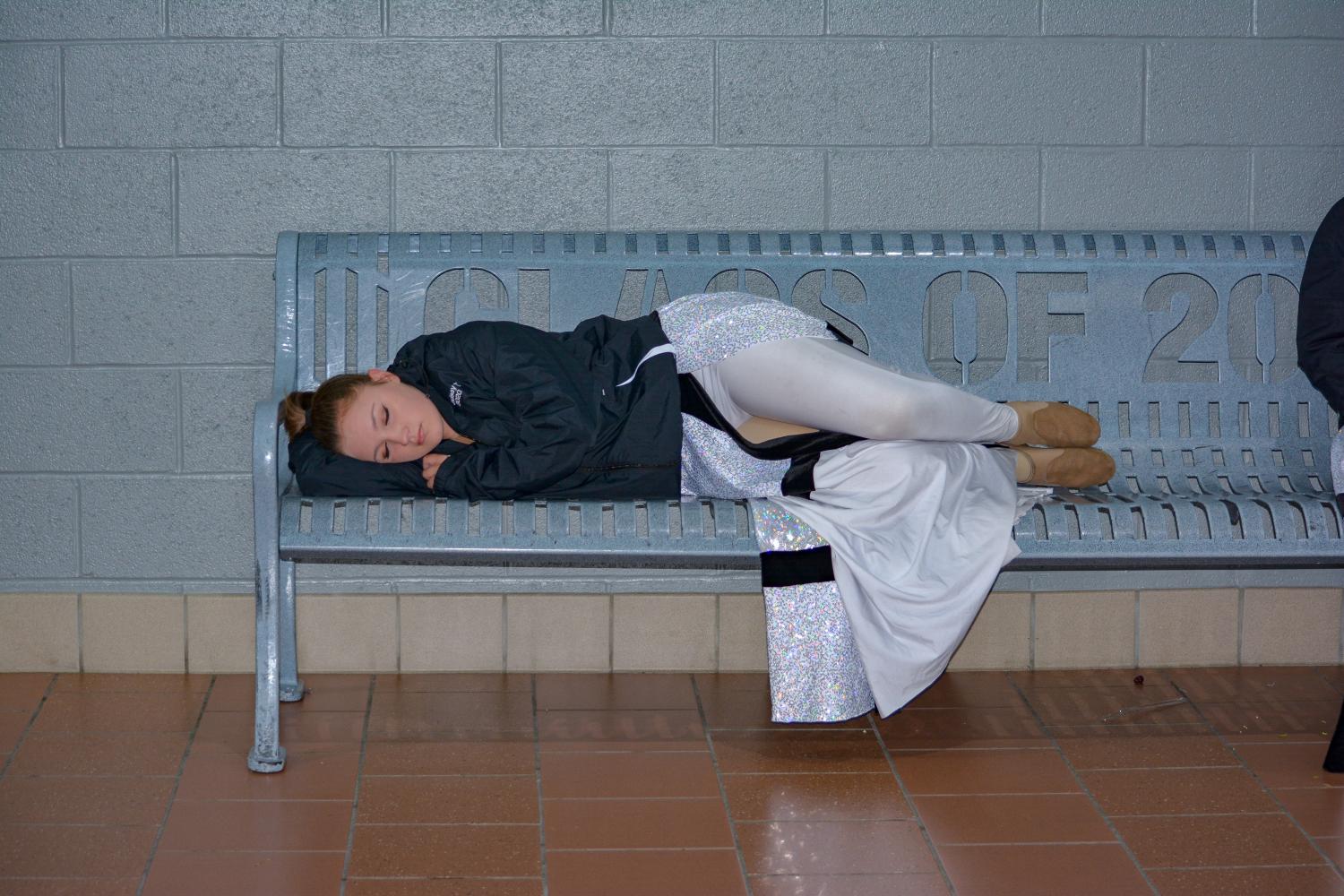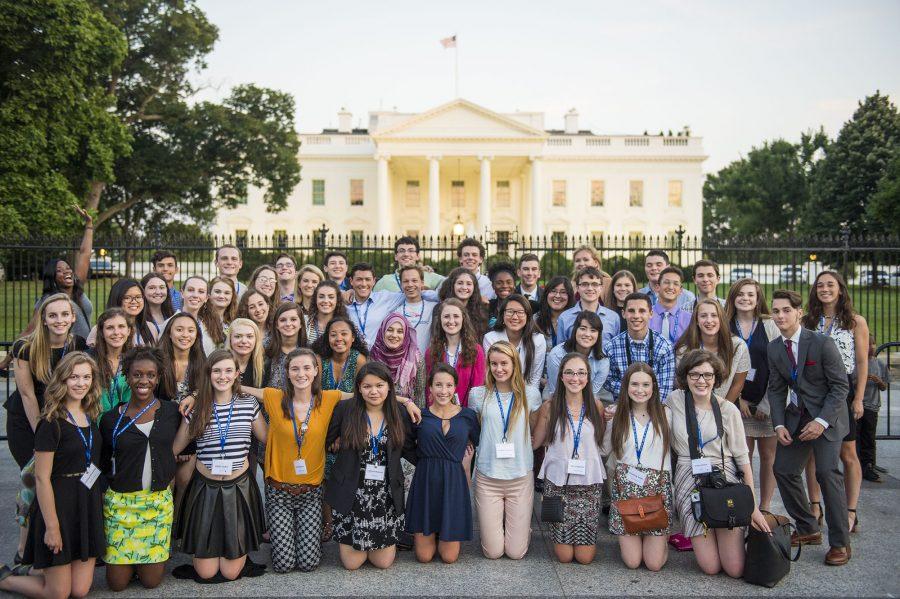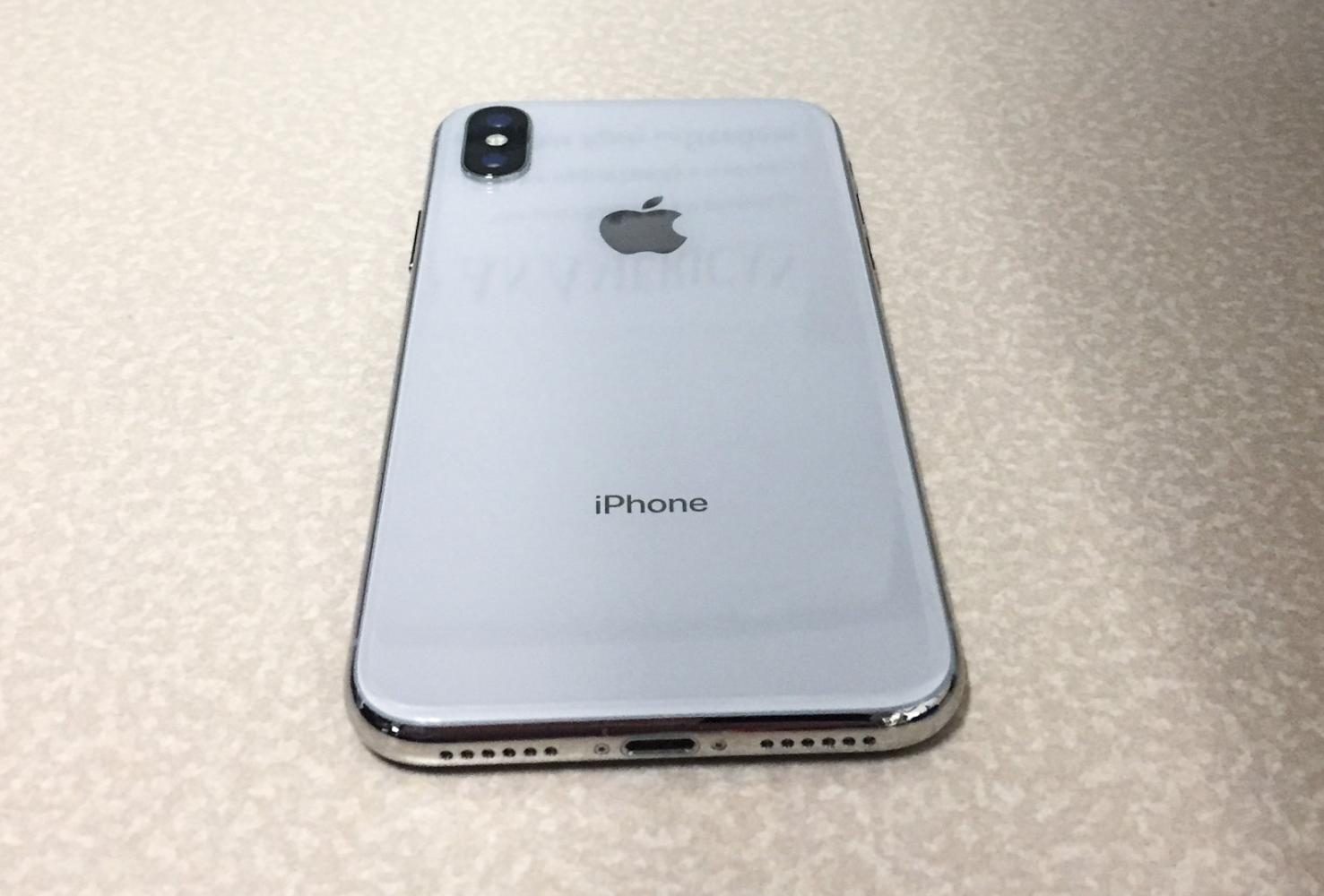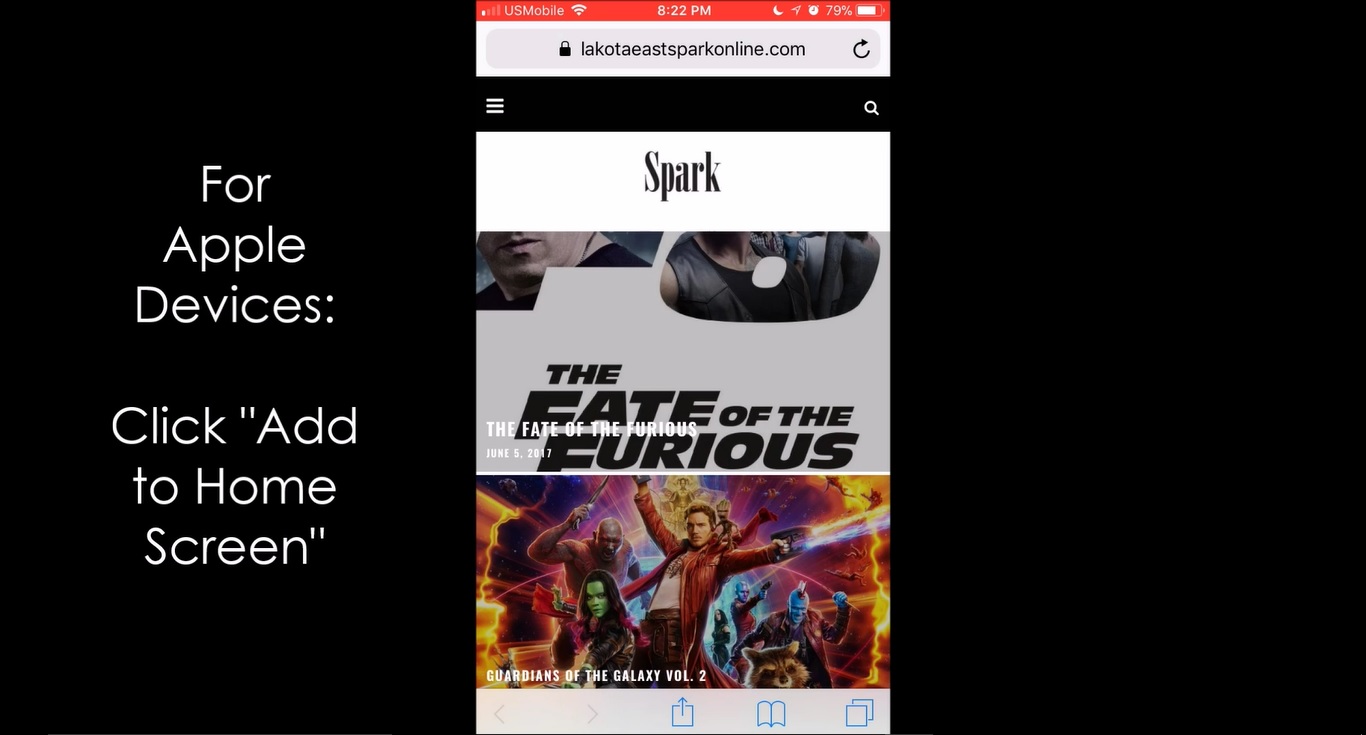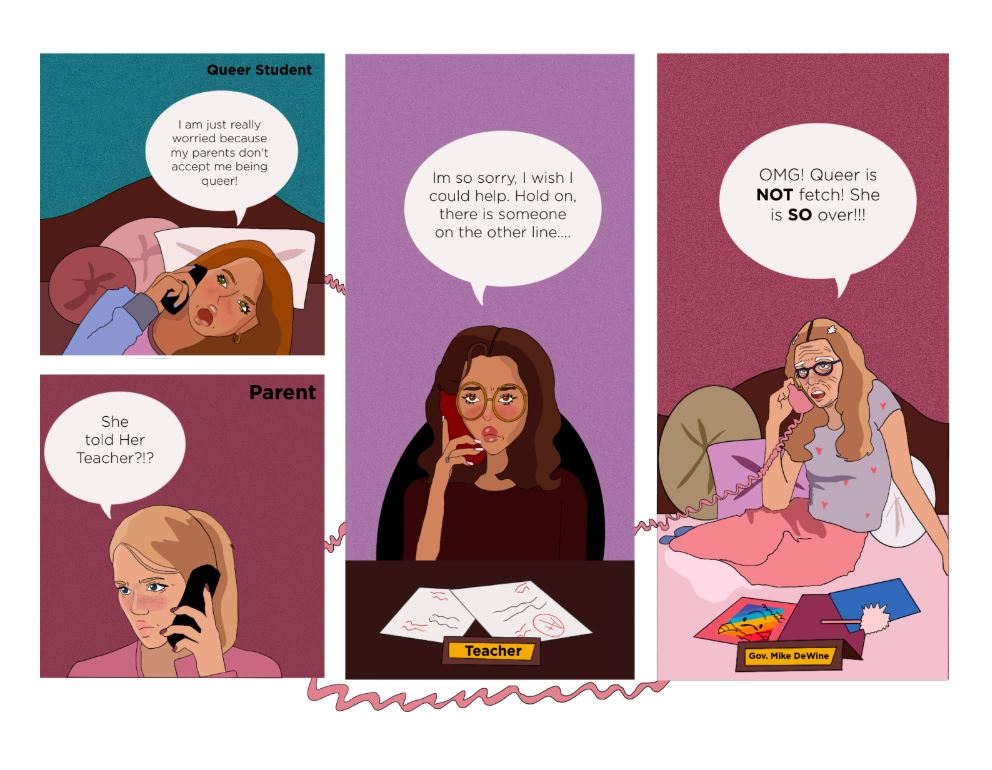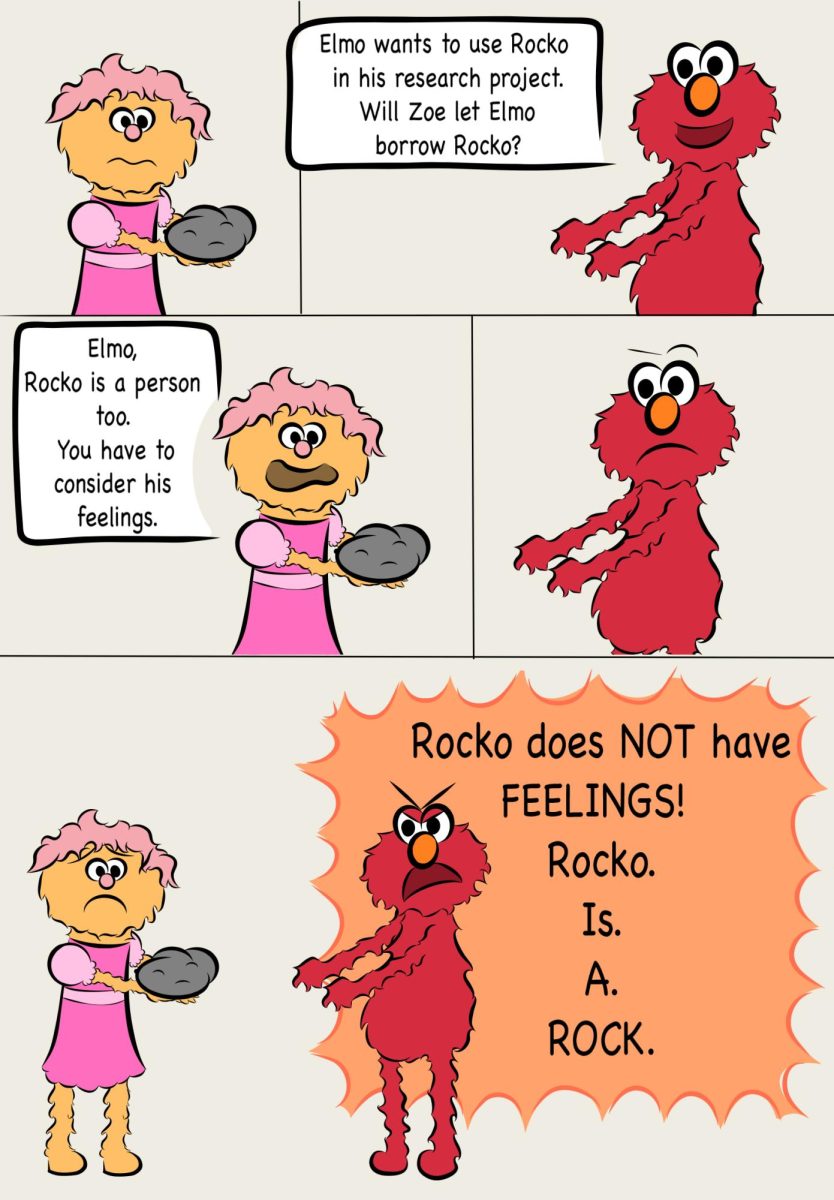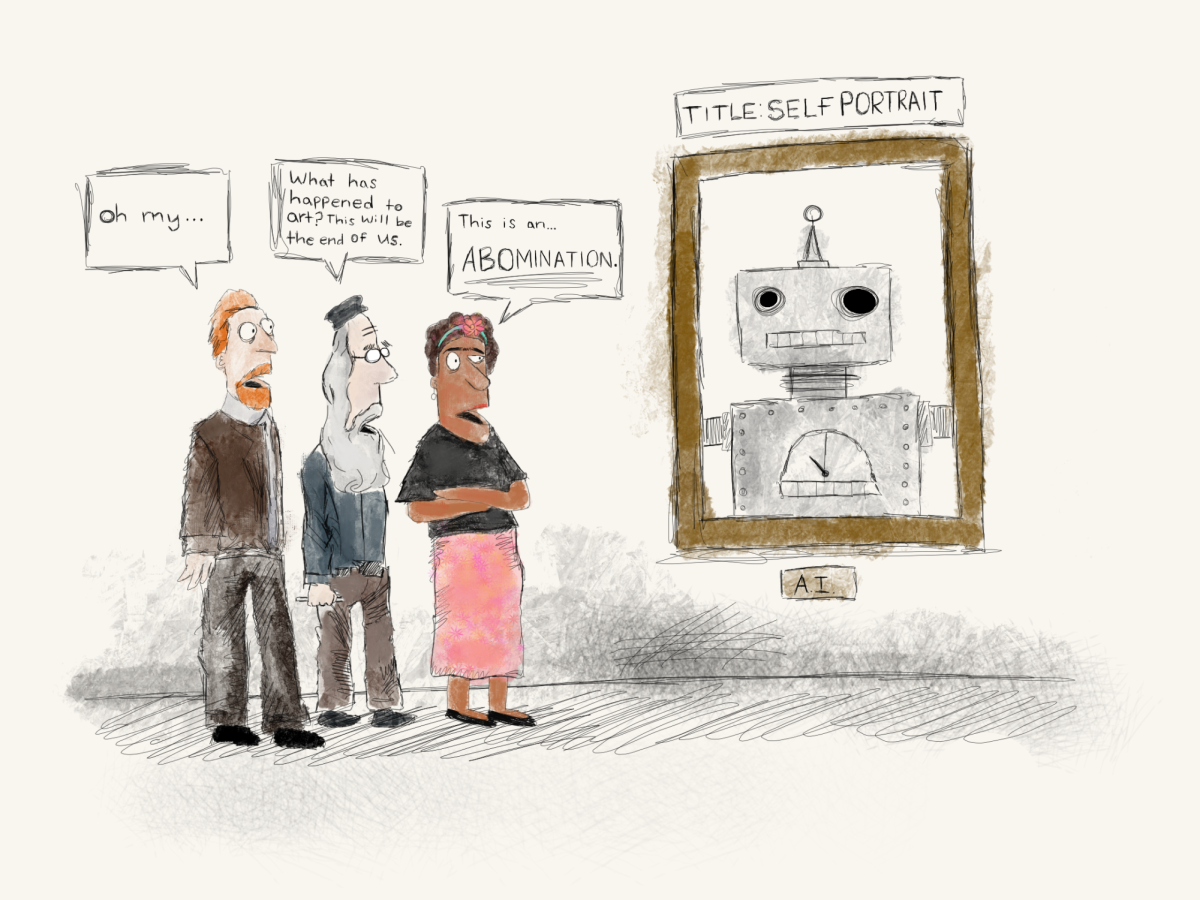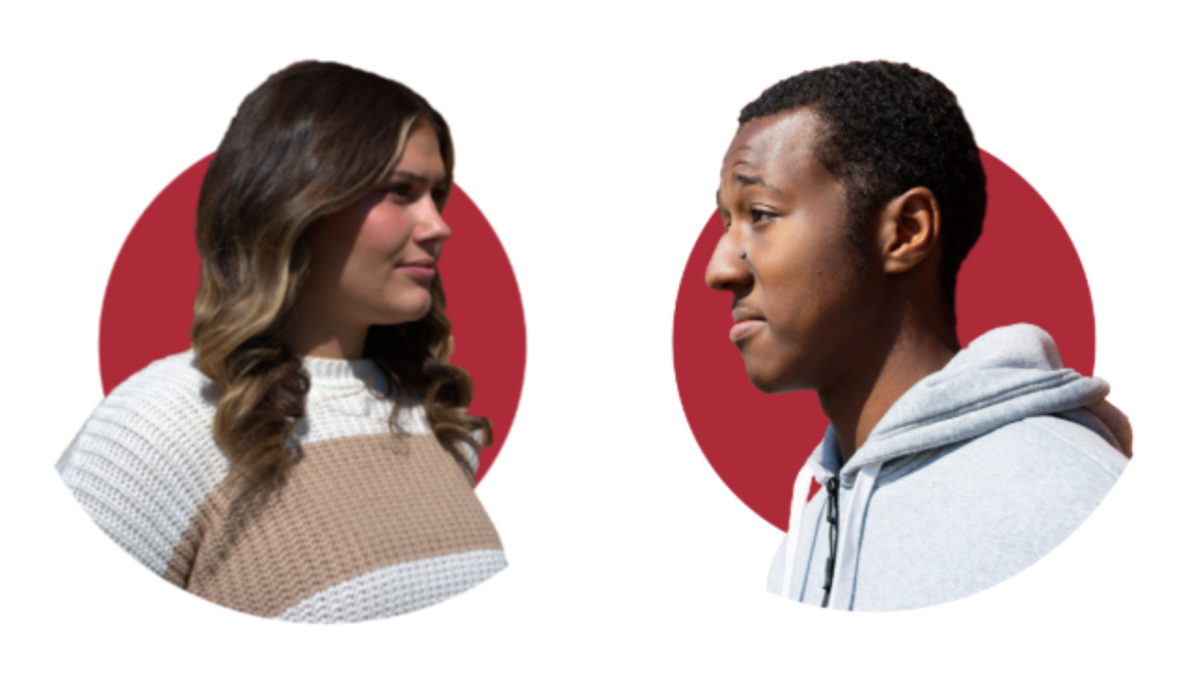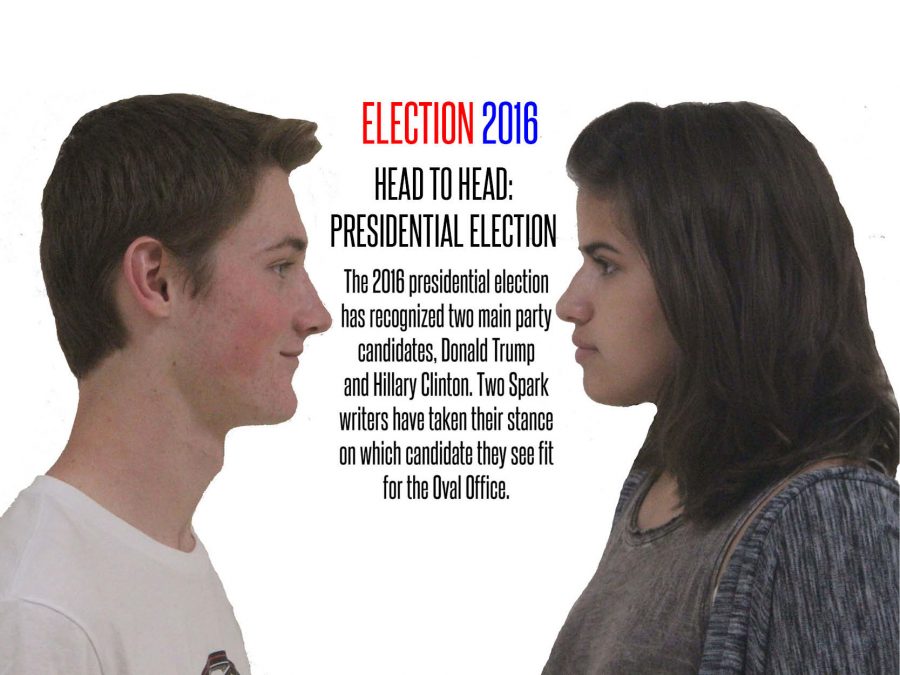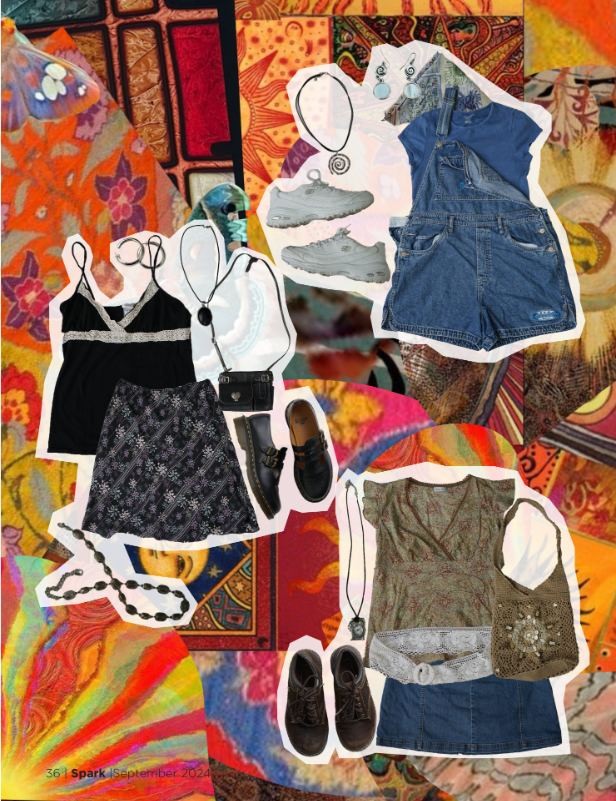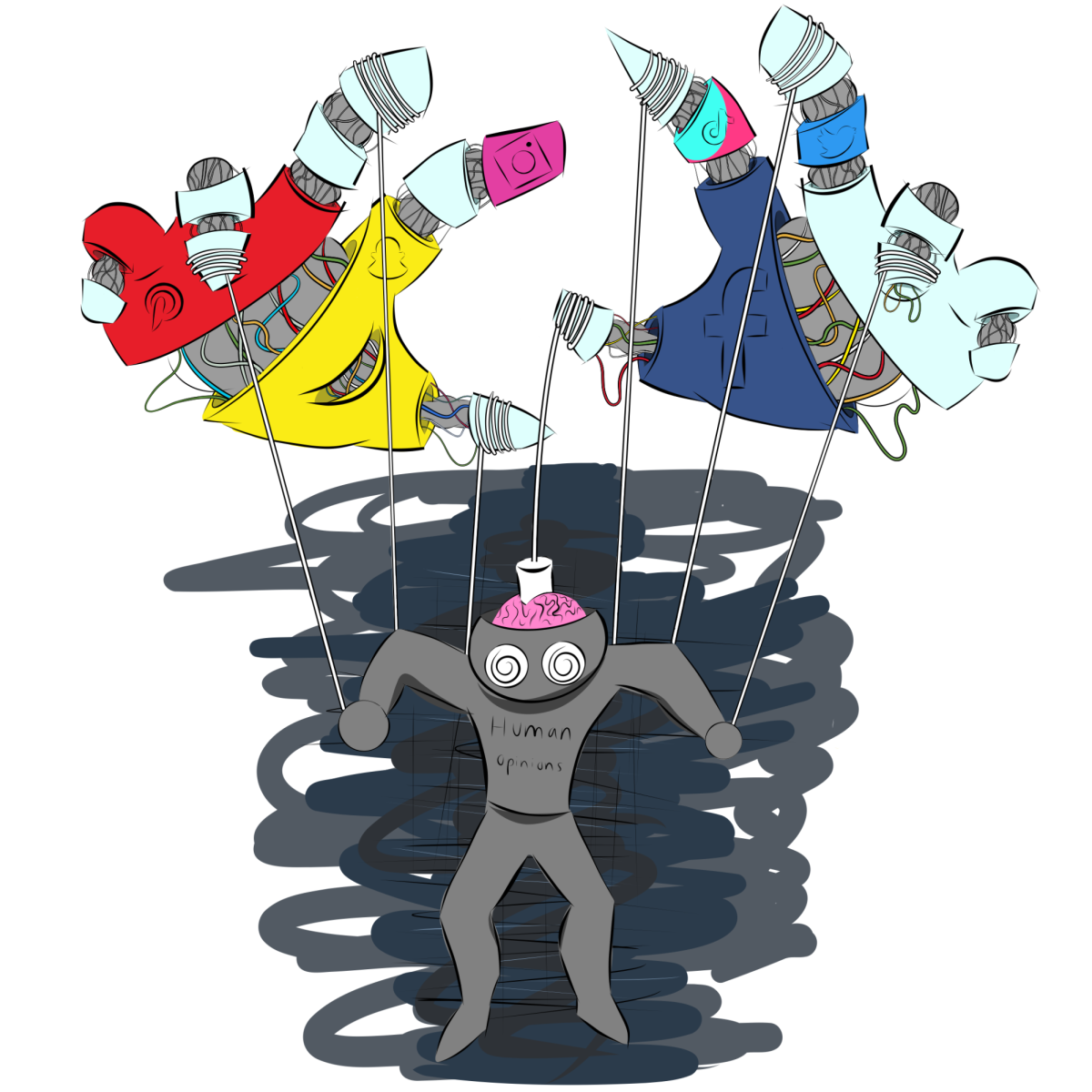COLUMN AUDREY ALLEN
PHOTOGRAPHY RILEY HIGGINS
A 12-year-old girl scrolls on her TikTok for you page. She watches a “What I Eat in a Day” video, a trendy clothing try on haul, and a workout video. She wonders to herself, “why do I eat so much”, “those clothes won’t look good on me,” and “why don’t I look like her.” Having those types of thoughts everyday when she goes on social media causes her self-esteem, confidence, and body image to dwindle.
A 2018 Pew Research Center survey of 750 13 to 17-year-olds found that 45% are online almost constantly and 97% use a social media platform, such as YouTube, Facebook, Instagram, or Snapchat. A bombshell study conducted by the Florida House Experience, found that 87% of women and 65% of men compare their bodies to images they consume on social and traditional media. An estimated 3.6 billion people use a form of social media leading to constant comparison with unrealistic standards.
Frances Haugen, a former data scientist at Facebook, testified before a Senate subcommittee and provided a detailed glimpse inside Facebook. Haugen copied thousands of pages of internal documents that she says showed Facebook lied to the public about its efforts to root out hate speech, misinformation, and violence. The documents showed Facebook had conducted research assessing the mental health impact of its Instagram app on adolescents and found the app worsened body image issues for one in three teenage girls but they did nothing to combat it. Facebook doesn’t care about protecting kids on social media, they are just a big business that wants to earn money even if that means harming children.
TikTok is the latest social media craze that features short video clips on a variety of topics. There are thousands of videos on the platform that perpetuate dangerous body weight stigma and promote diet culture. These videos are especially problematic for individuals struggling with eating disorders or body image issues.
With the resurgence in low rise jeans, baby tees, and skin-tight tracksuits being promoted on social media by skinny models, many people are upset and discouraged because the clothes on the racks don’t fit them the way they do on the model. Many people see “pro-ana” (pro-anorexia), “pro-mia” (pro-bulimia), and “thinspo” (thinspiration) videos on TikTok, encouraging people to lose weight. About 41% of TikTok’s users are younger than 25, which makes them easily impressionable. They may think these influencers and creators are “perfect” and therefore follow advice about how to look a certain way, even if it is unrealistic, unhealthy, or dangerous.
Thinspo embraces excessive thinness and maintains intensely unrealistic body image standards for people of all ages. In more extreme forms, it reinforces low self-esteem by shaming people who try to break their unhealthy patterns and recover. The goal is to inspire like-minded people to validate their struggles. Unfortunately, rather than promote recovery resources, most members rely on sharing and consuming thinspo content as a means of staying dedicated to their disorders. While many social media platforms attempt to block triggering comments, these well-intentioned efforts don’t always work. It simply takes a different hashtag, website, or motivational quote to start a new thinspo trend. When Instagram banned “thinspiration” content, users began spelling it as “thynspiration.” According to the National Eating Disorders Association, more than 50% of teenage girls use unhealthy weight control behaviors such as skipping meals, fasting, smoking cigarettes, vomiting, and taking laxatives.
Clothing brand Brandy Melville has earned quite the reputation as a trendy Italian brand with California flair. All of their clothes are one size but one size does not fit most. According to the Los Angeles Times, the average American woman is a size 14. The crop-tops and miniskirts that litter the shelves of stores like Brandy Melville, would barely cover the average American. Brandy Melville embarrasses girls of different sizes by insinuating that “most” women are petite. Social media is filled to the brim with models promoting Brandy Melville because it is a cool and trendy brand to wear for teens, even if most teens can’t fit in the clothes causing body image issues.
Social media is the leading cause in eating disorders among teens and needs to be addressed. In the Facebook case, Congress intensified bipartisan calls for federal action. Section 230 of the Communications Decency Act, which some lawmakers are pushing to reform, gives broad immunity to Internet companies for content that users post on their platforms. That is a barrier to some kinds of legal scrutiny but not necessarily to an investigation. Social media companies need to monitor and remove harmful videos and triggering comments even if it results in losing money. There is no reason why a twelve year old should be comparing themselves to the models and influencers and wonder why they aren’t good enough.



